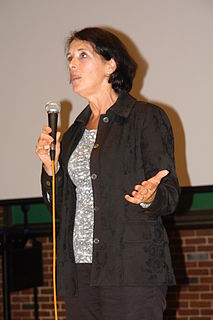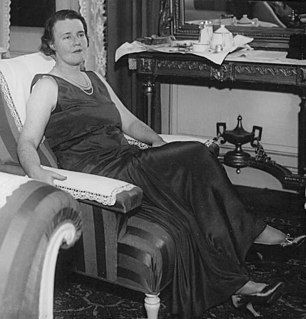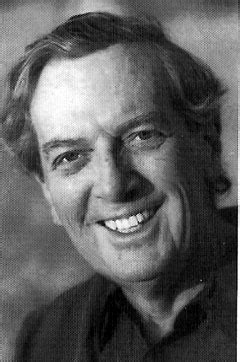A Quote by Bertrand Russell
The true function of logic ... as applied to matters of experience ... is analytic rather than constructive; taken a priori, it shows the possibility of hitherto unsuspected alternatives more often than the impossibility of alternatives which seemed prima facie possible. Thus, while it liberates imagination as to what the world may be, it refuses to legislate as to what the world is
Related Quotes
Scholars, who pride themselves on speaking their minds, often engage in a form of self-censorship which is called "realism." To be "realistic" in dealing with a problem is to work only among the alternatives which the most powerful in society put forth. It is as if we are all confined to a, b, c, or d in the multiple choice test, when we know there is another possible answer. American society, although it has more freedom of expression than most societies in the world, thus sets limits beyond which respectable people are not supposed to think or speak.
So to the best we can, what we do is focus on creating value for others, and how do we do that? We do it by trying to produce products and services that our customers will value more than their alternatives, and not just their alternatives today, but what the alternatives will be in the future. We try to more efficiently use resources than our competitors, and constantly improve in that, and we try to do the best job we can in creating a safe environment, and environmental excellence, and constantly improve at that.
When I try to analyze my own cravings, motives, actions and so forth, I surrender to a sort of retrospective imagination which feeds the analytic faculty with boundless alternatives and which causes each visualized route to fork and re-fork without end in the maddeningly complex prospect of my past.
Science begins with the world we have to live in, accepting its data and trying to explain its laws. From there, it moves toward the imagination: it becomes a mental construct, a model of a possible way of interpreting experience. The further it goes in this direction, the more it tends to speak the language of mathematics, which is really one of the languages of the imagination, along with literature and music. Art, on the other hand, begins with the world we construct, not with the world we see. It starts with the imagination, and then works toward ordinary experience.
We suffer more often in imagination than in reality. [We must learn to control and focus the force of our imagination on the good, bright side so it is positive and constructive helping ourselves and others, rather than let its force focus on the bad, dark side so it is negative and destructive hurting ourselves and others!]
Government power must be dispersed. If government is to exercise power, better in the county than in the state, better in the state than in Washington. If I do not like what my local community does, be it in sewage disposal, or zoning, or schools, I can move to another local community, and though few may take this step, the mere possibility acts as a check. If I do not like what Washington imposes, I have few alternatives in this world of jealous nations.
They would make the 'Church ' their great meeting-point, rather than the Atonement of Christ. As far as my experience goes, they have more devoutness and less devotion, more fear and less love, more feeling of duty than of desire, laying more stress on Phil. ii. 12 than ver. 13, and in practice working upon the intellect and imagination rather than aiming at the heart, skirmishing among the outworks rather than assaulting the citadel.



































